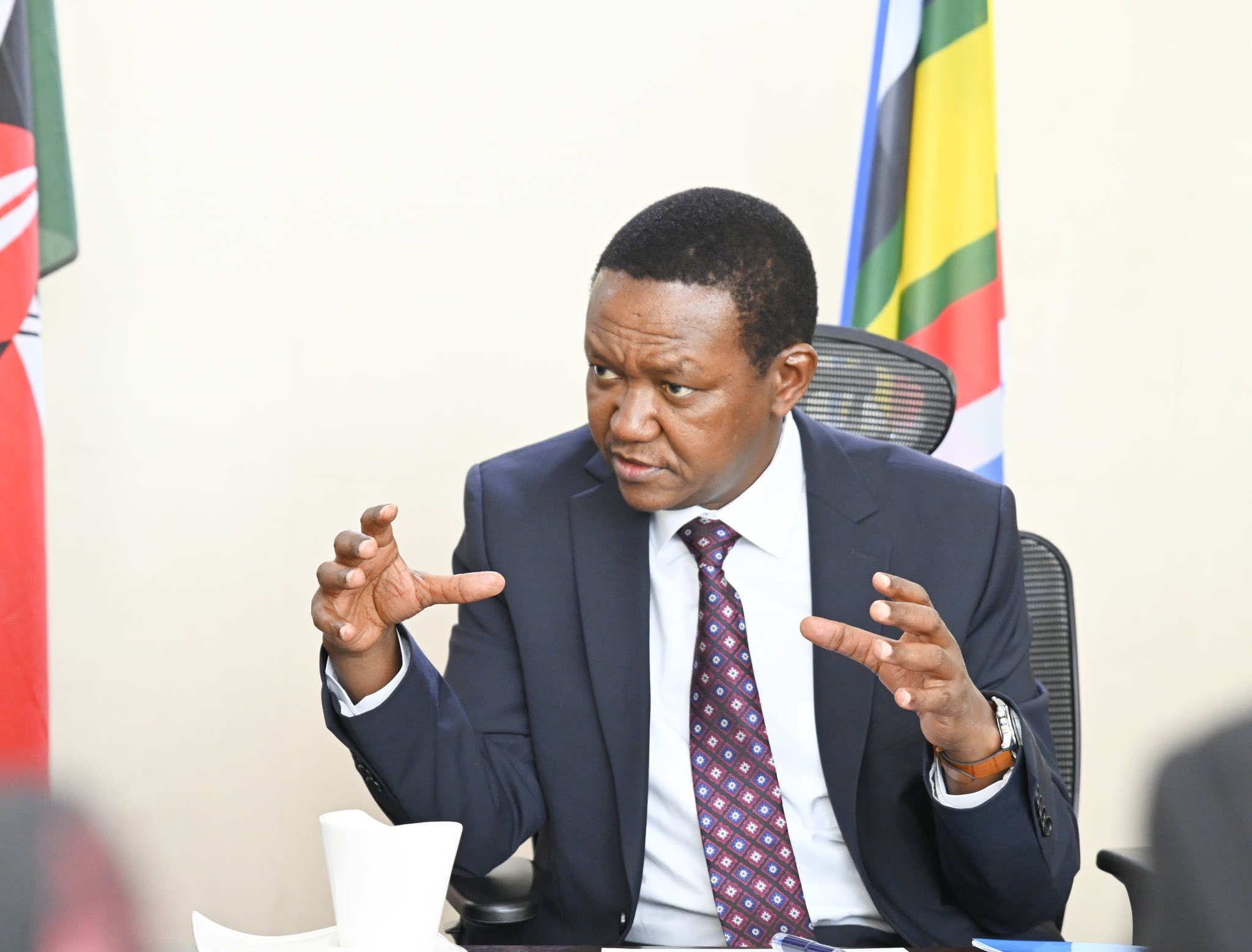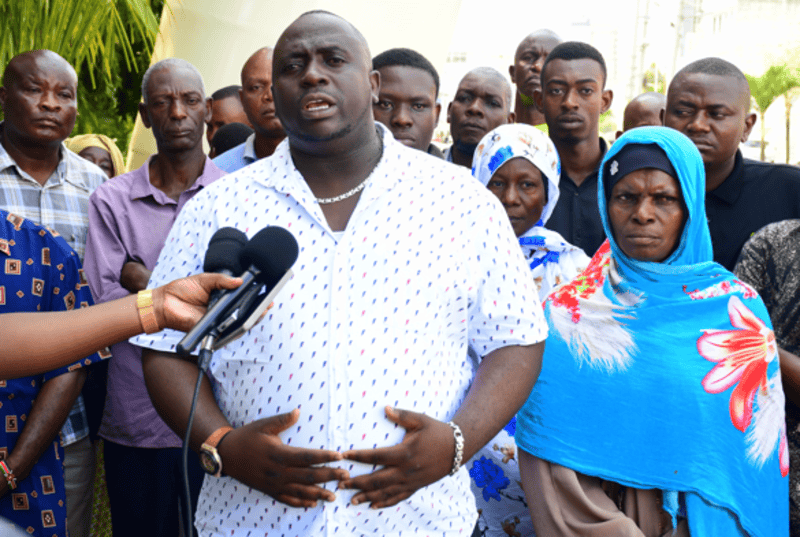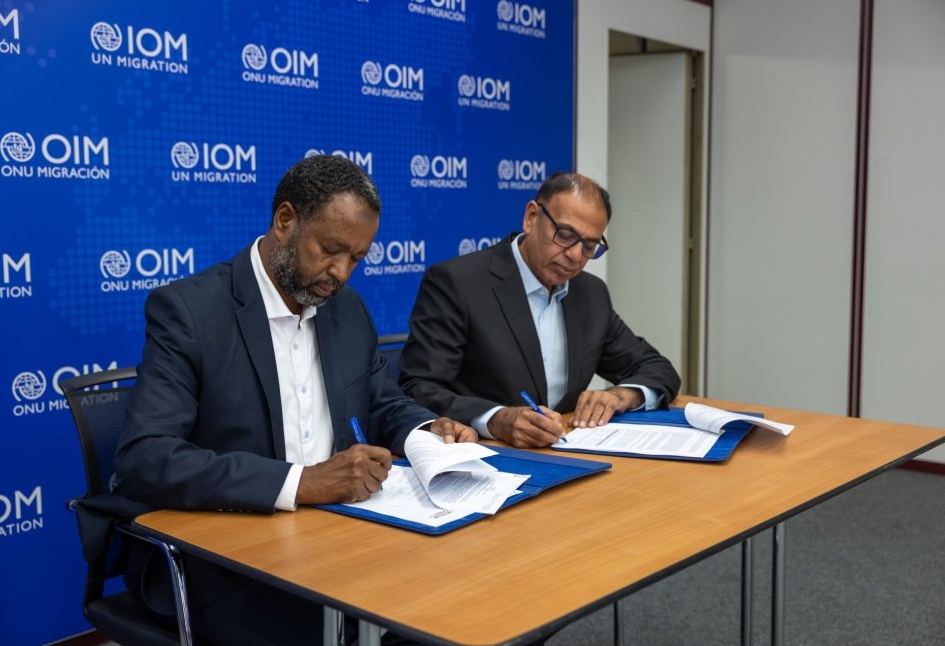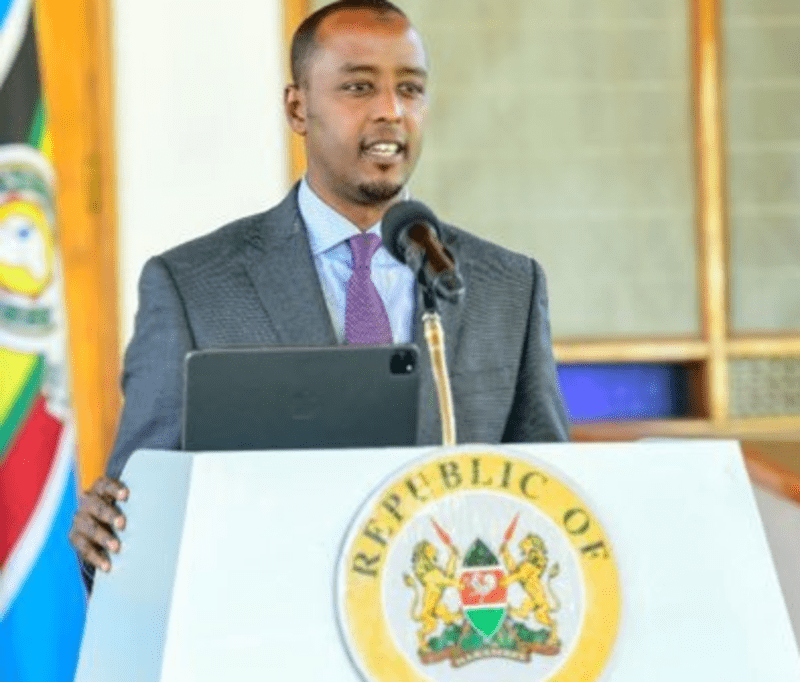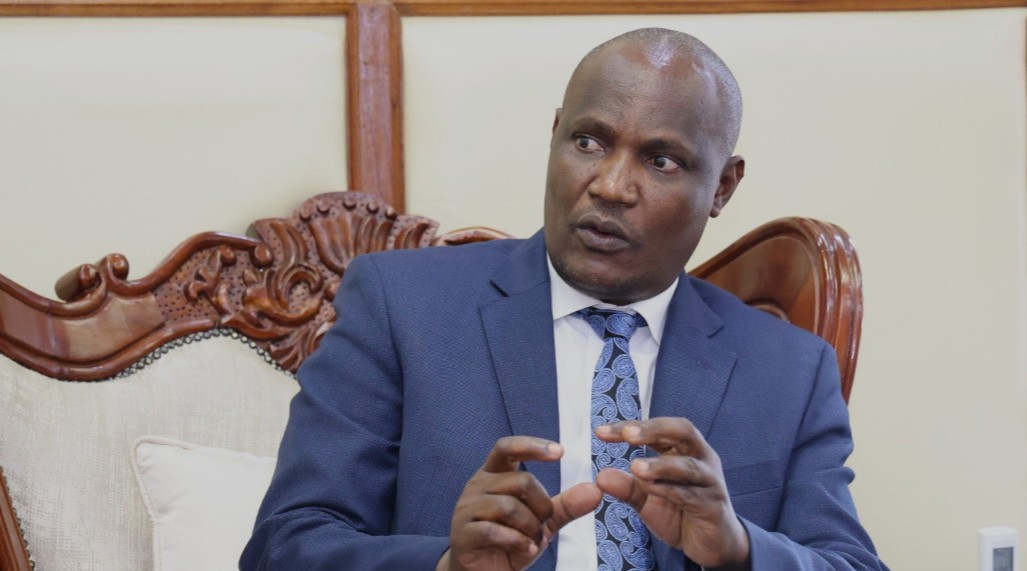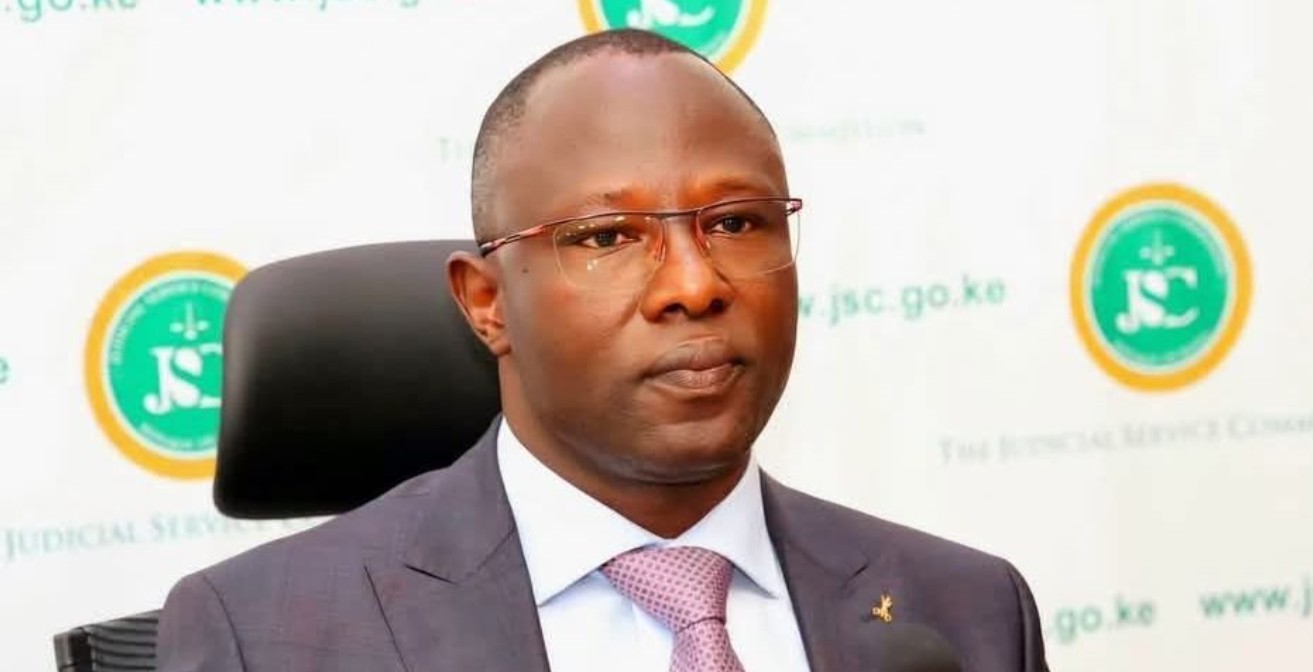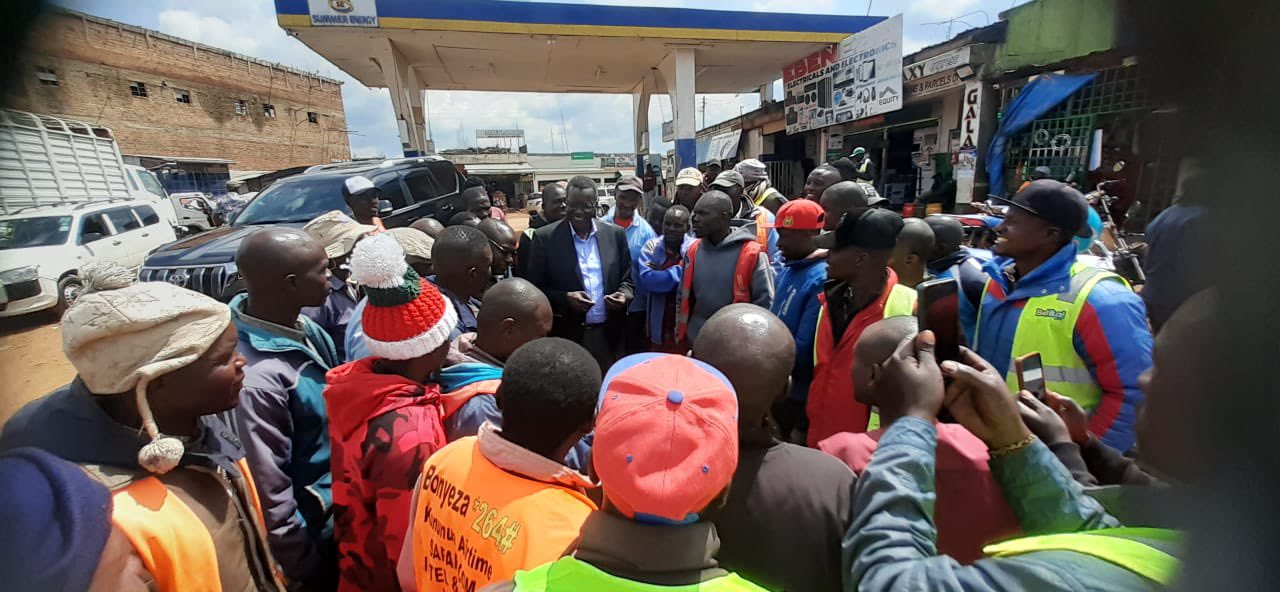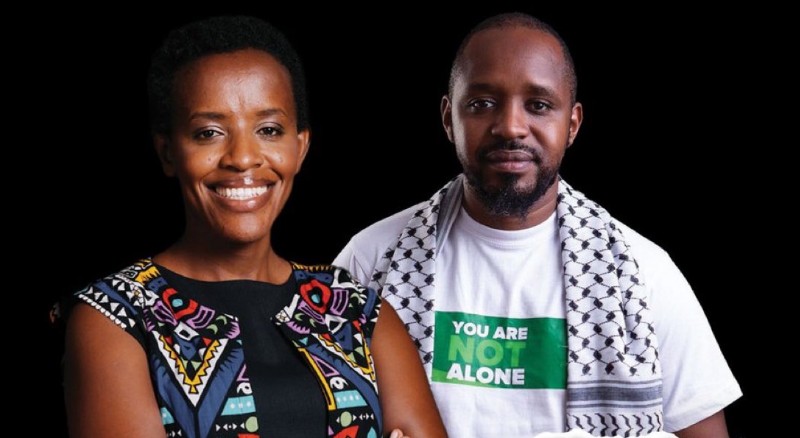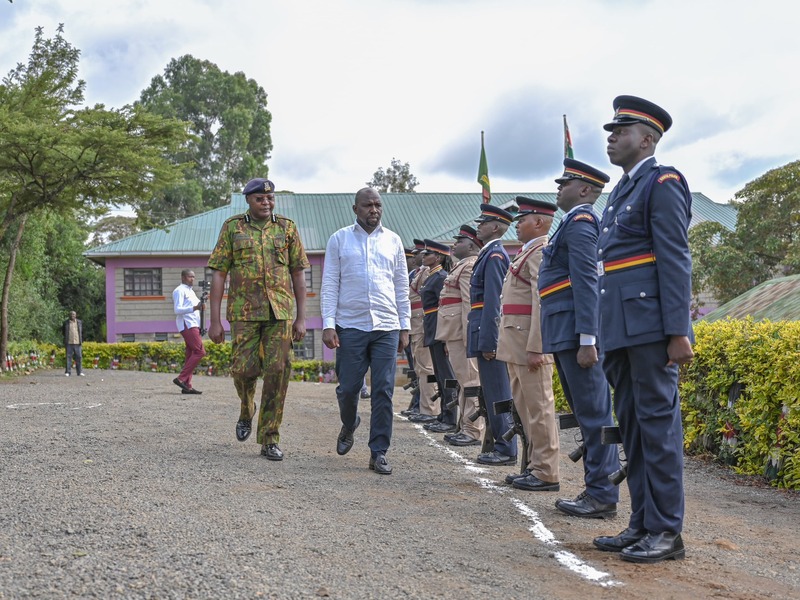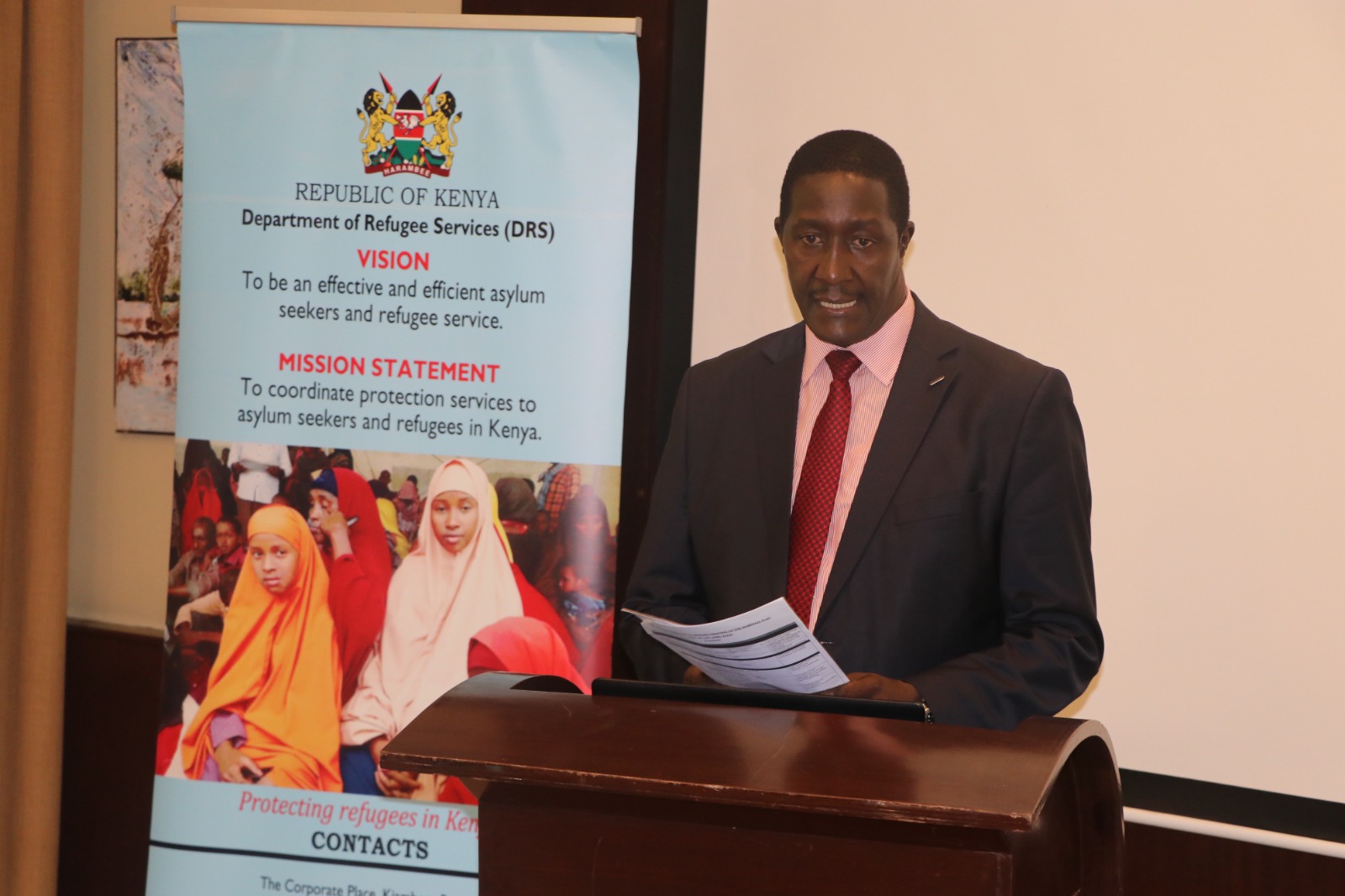Food security in Africa at risk without increased agriculture budgets, ministers warn
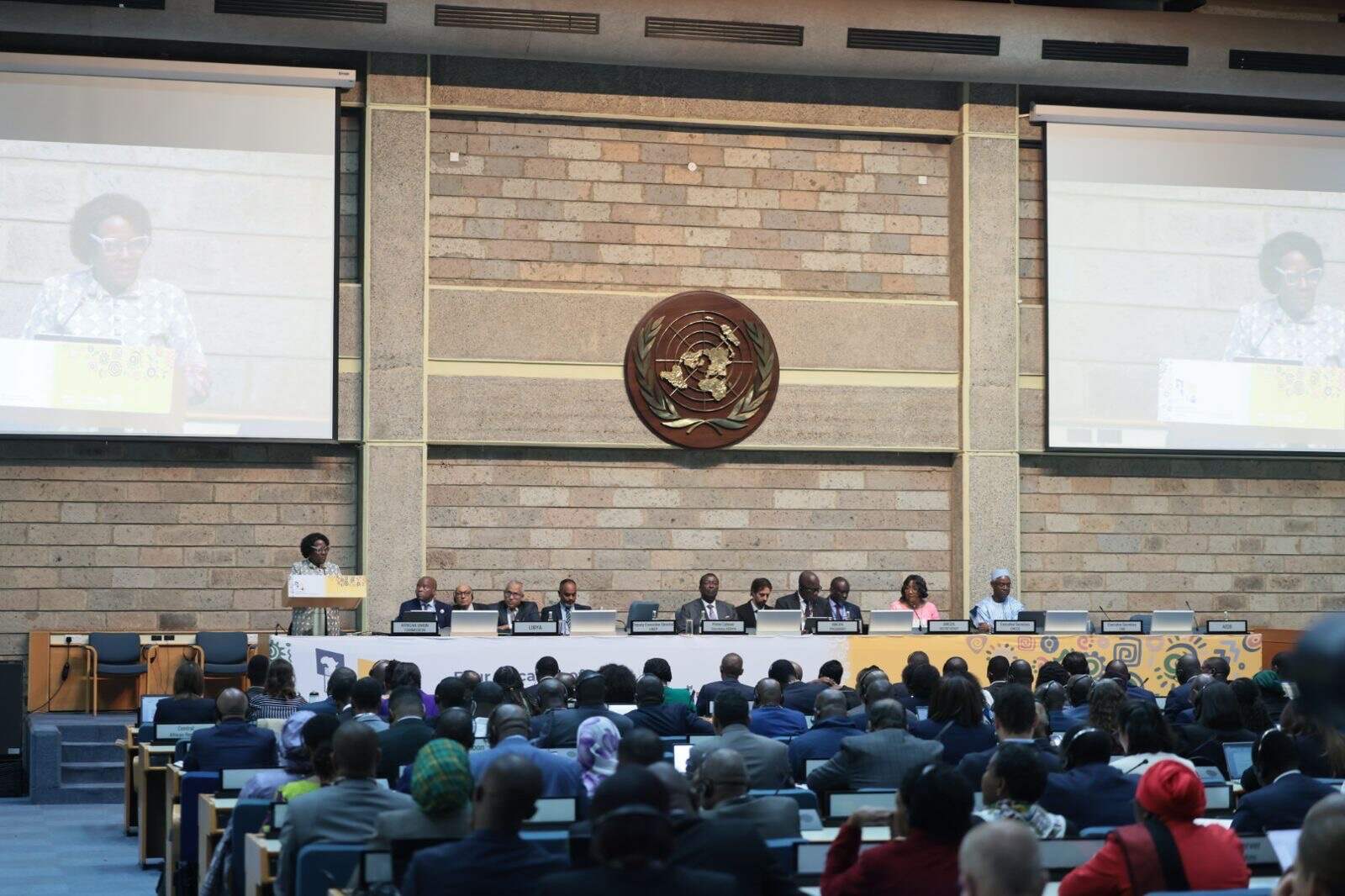
The ministers insist that without adequate funding, Africa will remain vulnerable to food shortages, environmental stress, and economic instability.
African ministers have raised fresh concerns over inadequate funding for agriculture, warning that the continent risks missing its food security targets if governments continue to neglect earlier financing pledges.
Speaking during the ongoing 20th African Ministerial Conference on the Environment, the leaders reminded African countries of the commitments made in the Maputo Declaration, which required at least 10 per cent of national budgets to be allocated to agriculture and rural development within five years.
More To Read
- Judiciary calls for budget increase, says Sh20 billion deficit crippling functions
- Treasury CS John Mbadi faults parastatals for prioritising profits over public service
- EACC busts Sh10.5 million bribery ring at Treasury, arrests four officials
- Counties under pressure as Treasury moves to curb misuse of funds with new single account system
- PSs told to submit petty cash audit reports by August 14
- Africans survived 10,000 years of climate change by adapting food systems – Study offers lessons for modern times
They expressed concern that despite repeated promises, most countries have failed to honour the pledge, leaving millions vulnerable to hunger and poverty.
The Maputo commitment was followed by the Malabo Declaration in 2014, which aimed to end hunger in Africa by 2025 through accelerated agricultural growth and transformation.
According to the ministers, current budget allocations remain far below the required levels.
“Recalling the Maputo Declaration on agriculture and food security in Africa (Assembly/AU/Decl.7 (II)), in which African heads of state and government committed to allocate at least 10 per cent of national budgetary resources to agriculture and rural development within five years and adopt the comprehensive Africa agriculture development programme framework,” the draft resolutions state.
This framework is built on four pillars, including sustainable land and water management, which ministers say must be supported through increased funding.
The situation is especially urgent given recent warnings from the United Nations (UN) that millions of people in five global hunger hotspots are facing possible famine and death due to ongoing conflict, economic shocks, and climate disasters.
Sudan, Palestine, South Sudan, Haiti and Mali were listed as the most at-risk countries in a report jointly released by the Food and Agriculture Organisation (FAO) and the World Food Programme (WFP).
However, the report also notes some improvement in other regions. Kenya, Ethiopia, Lebanon, Lesotho, Malawi, Mozambique, Namibia, Niger, Zambia, and Zimbabwe have been removed from the global Hunger Hotspots list due to progress in food security.
In Kenya, the National Treasury allocated Sh47.6 billion to the agriculture sector in the 2025–26 financial year.
This includes Sh8 billion for the Fertiliser Subsidy Programme, Sh10.2 billion for the National Agricultural Value Chain Development Project, Sh800 million for the Small-Scale Irrigation and
Value Addition Project, Sh1.2 billion for the Food Security and Crop Diversification Project, and Sh5.8 billion for the Food Systems Resilience Project.
The country’s overall expenditure for the same financial year is projected at Sh4.29 trillion, which is 22.3 per cent of its GDP.
Despite being removed from the hunger hotspots list, Kenya's budget for agriculture is still below the 10 per cent target, a concern shared by many countries across the continent.
The ministers also called for urgent action to improve soil protection, warning that degraded soils are undermining efforts to boost food production.
They referenced the Africa Fertiliser and Soil Health Summit held in May 2024, where leaders endorsed the Nairobi Declaration on fertiliser and soil health to promote sustainable practices and restore soil fertility.
As the conference continues, ministers are pushing for increased investment not just in agriculture but in broader systems that support food security, including irrigation, soil health, and value chains.
They insist that without adequate funding, Africa will remain vulnerable to food shortages, environmental stress, and economic instability.
Top Stories Today


